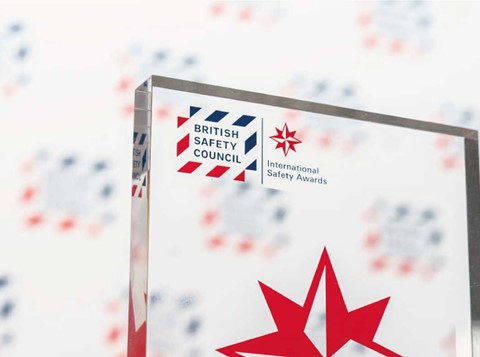A total of 978 applications were received for the International Safety Awards in 2023; 79% of them successfully achieved a Distinction, Merit or Pass grade.
The distribution of grades among the applications submitted in 2023 was as follows:
- Distinction 136 (14%)
- Merit 296 (30%)
- Pass 342 (35%)
- Fail 204 (21%)
General Comments
Organisations were provided with a number of online ‘easy-to-access’ aides to assist them in the preparation and submission of their award applications. These included:
- the 2023 International Safety Awards question set and marking scheme;
- the Chief Adjudicator’s Report for the 2022 International Safety Awards;
- a guidance note concerning the eligibility requirements;
- the list of 2022 International Safety Award winners; and,
- webinars hosted by British Safety Council.
The webinars hosted by British Safety Council staff, the Chief Adjudicator and the award scheme’s Independent Adjudicator sought to assist applicants in navigating the online application form and assist their understanding of how best to provide the evidence necessary to answer the questions and earn high marks.
The importance of applicants accessing and understanding all of the International Safety Awards eligibility requirements as set out in the guidance and advice listed above cannot be overstated.
The adjudicators noted that in 2023 a significant number of organisations improved on their grading from the previous year. We urge applicant organisations unsuccessful in 2023 to apply again in 2024. Key to success is the need to closely follow the guidance and advice we provide.
We cannot overstate the importance of reading and understanding the questions. Low scores in many cases resulted from an incomplete reading or misunderstanding of what was being sought.
In our webinars we recommended applicants draft answers in a separate word document before transferring to the online application. It is essential that all answers are proof read and ideally peer reviewed by a colleague before the application is submitted. The time taken to do so is time well spent as it can result in the extra marks that make the difference, for example, between a Pass and a Merit or a Merit and a Distinction.
This year many of the questions specifically asked for evidence of arrangements and actions being taken to prevent injury and ill health and ensure wellbeing at the applicant site. Low scoring applicants often failed to provide substantive evidence and examples or set out theoretical answers. In particular, an overly theoretical approach to answering questions was evident in responses to a number of questions by poor performing applicants. The adjudicators need to understand what is happening in the applicant’s organisation not what the textbooks say.
Applicants who provided too short answers inevitably failed to provide the evidence necessary to score more than one mark. Additionally, our advice and guidance made it clear that applications had to be submitted in the English language. Even so we still received a few applications in other languages and others with answers in a mixture of languages.
To read more download the full report.

